The Subaru XV went on sale back in 2012. Its rugged looks, genuine off road capability and reliability made it a modest sales success for the Japanese company.
A second generation model was released in 2018 and received a facelift a few years later, with an updated cabin and some minor styling changes.
More than a decade after it was launched the car market has undergone dramatic changes. The Subaru XV now competes against a horde of other small and mid-size crossovers.
It has an ace up its sleeve though. Very few of its rivals have four-wheel drive and even those that do aren’t capable of getting very far off the beaten track.
Muddy stuff
While not on the level of a Land Rover Defender, the Subaru XV is designed to handle mud and ruts. A full time four-wheel system and a generous 220mm of ground clearance means the Subaru will keep going long after most crossovers have bogged down.
Its off road ability isn’t its only asset, however. Its 2.0 litre petrol engine uses hybrid technology to boost performance and economy.
It also comes with plenty of standard kit, including automatic emergency braking, adaptive cruise control, lane keep assist and Subaru’s EyeSight safety system, which uses cameras to scan the road ahead and alert the driver to potential hazards.
I liked the XV’s chunky, Tonka toy styling. The fact Subaru makes cars in modest numbers means the XV stands out from more mass market vehicles.
Inside, there’s an eight inch touchscreen infotainment system. The heater, fan, demister and other essential controls are operated by physical dials, which is good to see. Some cars make you delve into touchscreen submenus to turn up the heating, which isn’t safe when you’re trying to keep your eyes on the road.
Subaru XV boasts spacious interior
It’s a spacious car, with plenty of head and leg room front and rear and a decent sized boot. People up to six feet should have no issues getting comfortable in the rear seats.
On the road, the 2.0 litre engine will get the XV from 0-62 in a little over 10 seconds. That’s not hot-hatch pace but it pulls strongly even when heavily laden with passengers and luggage.
Even with the assistance of a mild hybrid system, at around 35mpg economy is poorer than its rivals.
However, many other manufactures use small three-cylinder engines to achieve better economy, and I’d question how long these little units will last powering relatively large cars. As one Dundee mechanic said to me after pulling his head out from under the bonnet of a 1.0 litre, three cylinder car: “these tiny engines just melt.”
Subaru’s bigger 2.0 litre unit may not be the final word in economy but it should still be going strong long after reaching 100,000 miles.
Driving impressions
The XV comes with a CVT (continuously variable transmission) automatic gearbox that goes about its business quietly enough.
For a taller car the XV handles nicely, with plenty of grip and little in the way of body roll. Ride quality is decent too, although wind and tyre noise make themselves apparent at higher speeds.
Subaru XV prices start from around £33,000. There is just one engine choice and two spec levels, which higher trim models getting leather seats, a sunroof and some other niceties for £2,000 more.
I was all over Fife, Perthshire and Angus during my week with the XV. While it’s not as refined or economical as rivals from Peugeot, Hyundai or Ford, it’s not at all bad to drive.
You also have the security of knowing the Subaru can take you off road should you need it to, and will handle the worst conditions Scotland’s winter weather can throw its way.
Subaru XV review – facts:
Price: £33,680
0-62mph: 10.7 seconds
Top speed: 120mph
Economy: 35.7mpg
CO2 emissions: 157g/km
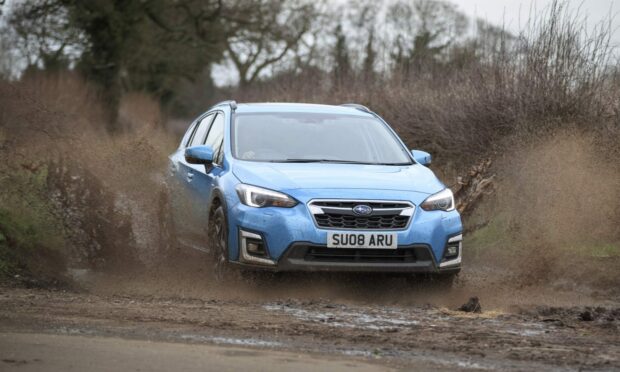
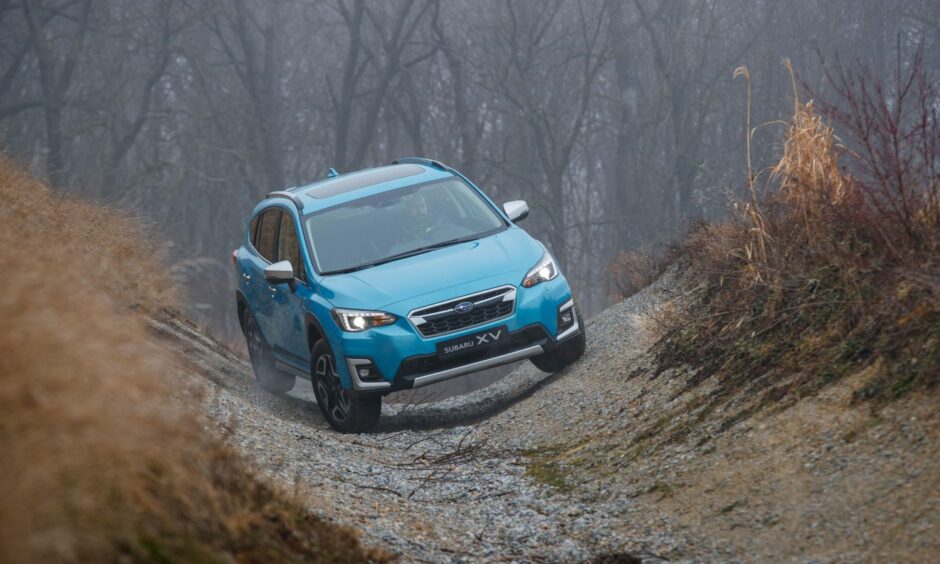
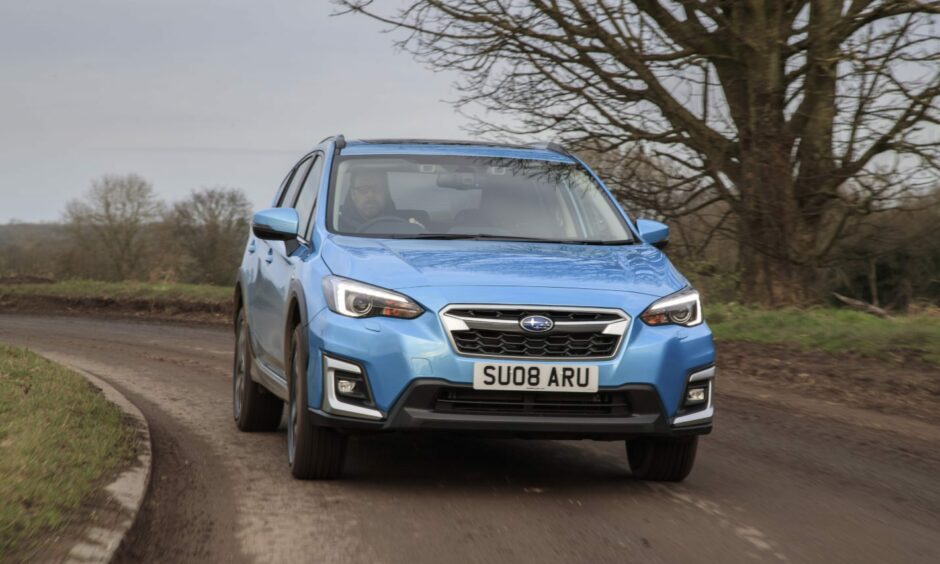
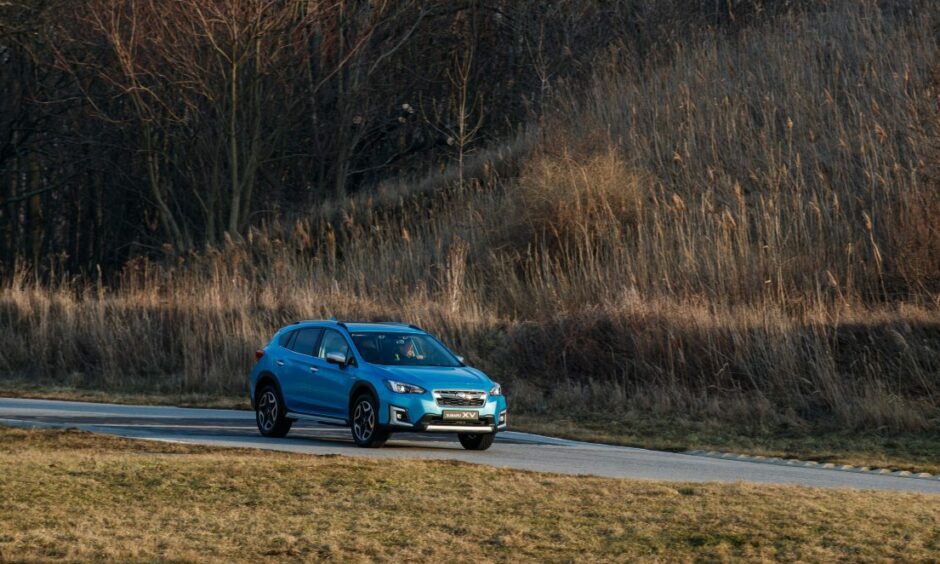
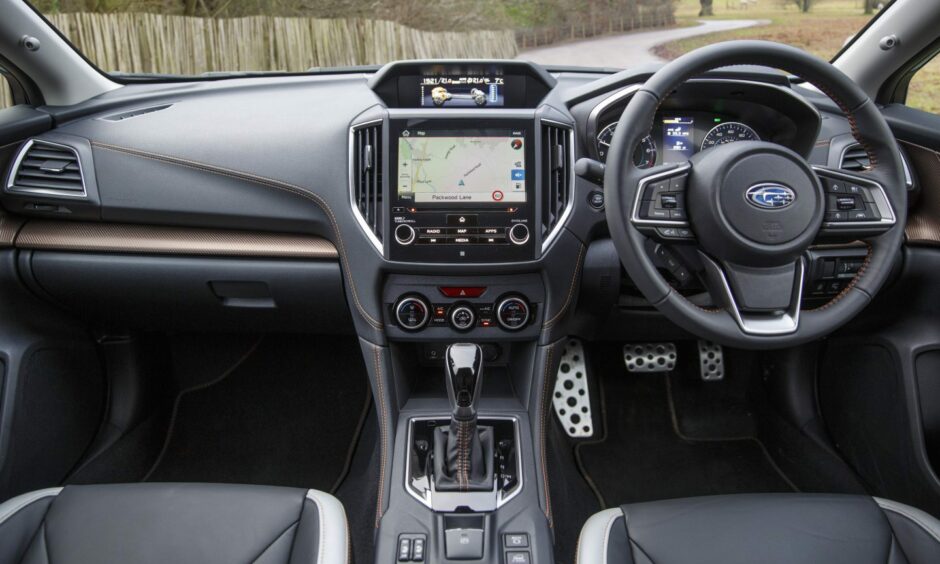
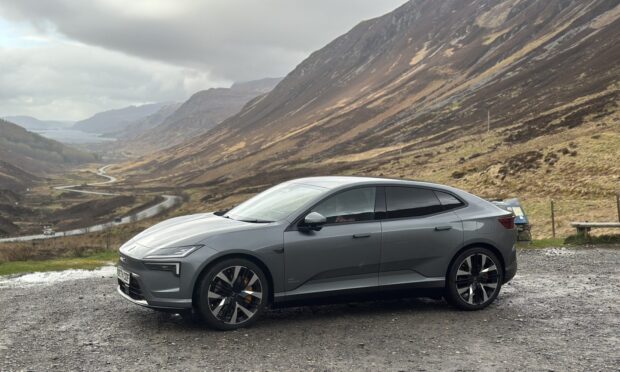
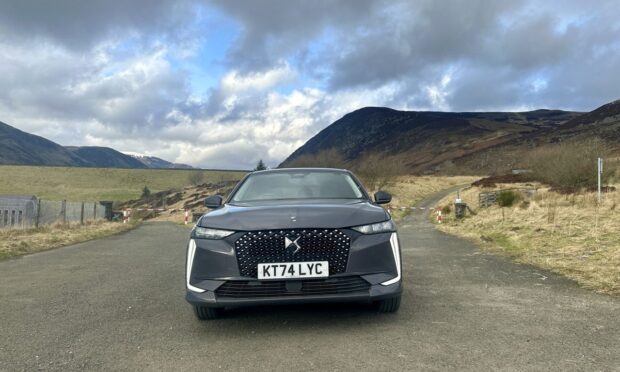
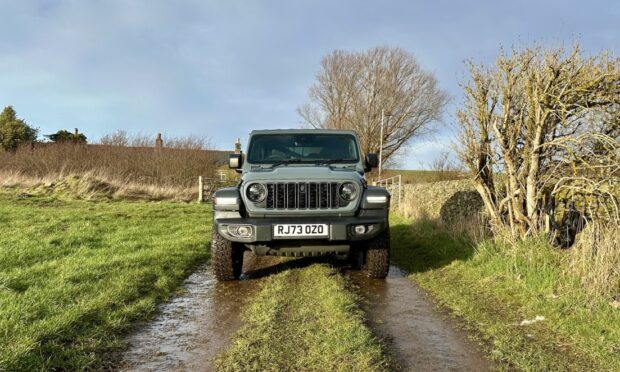
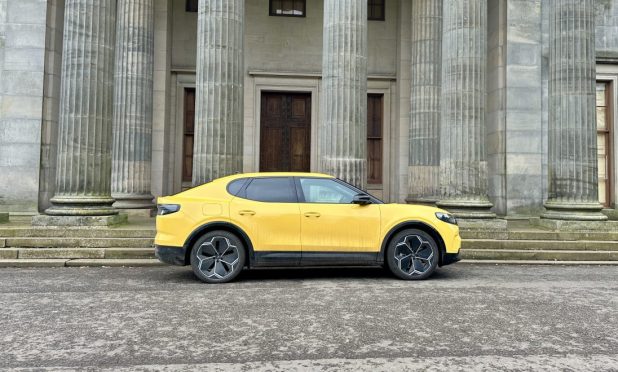


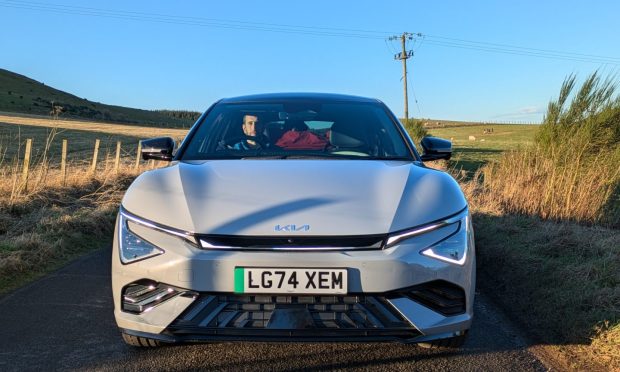
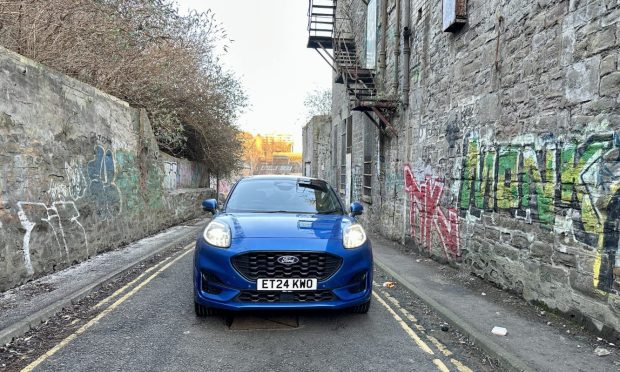
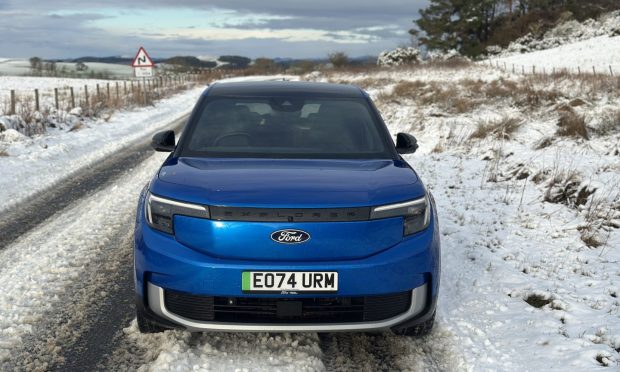

Conversation